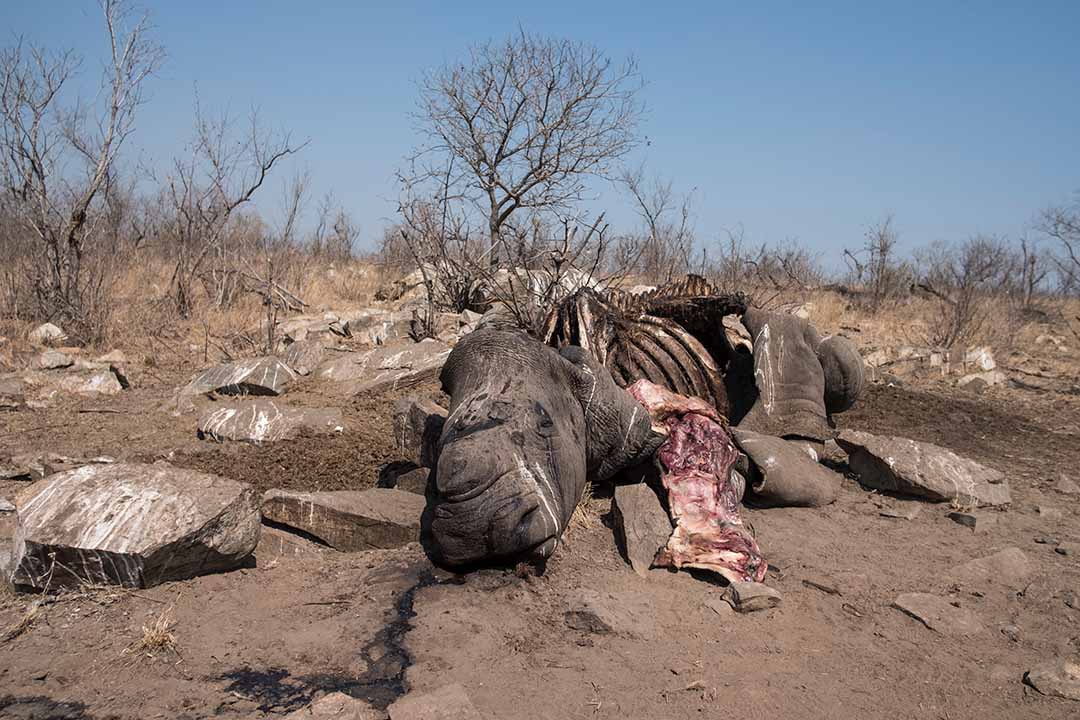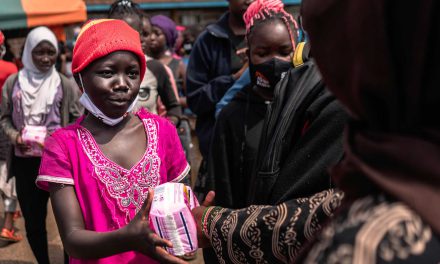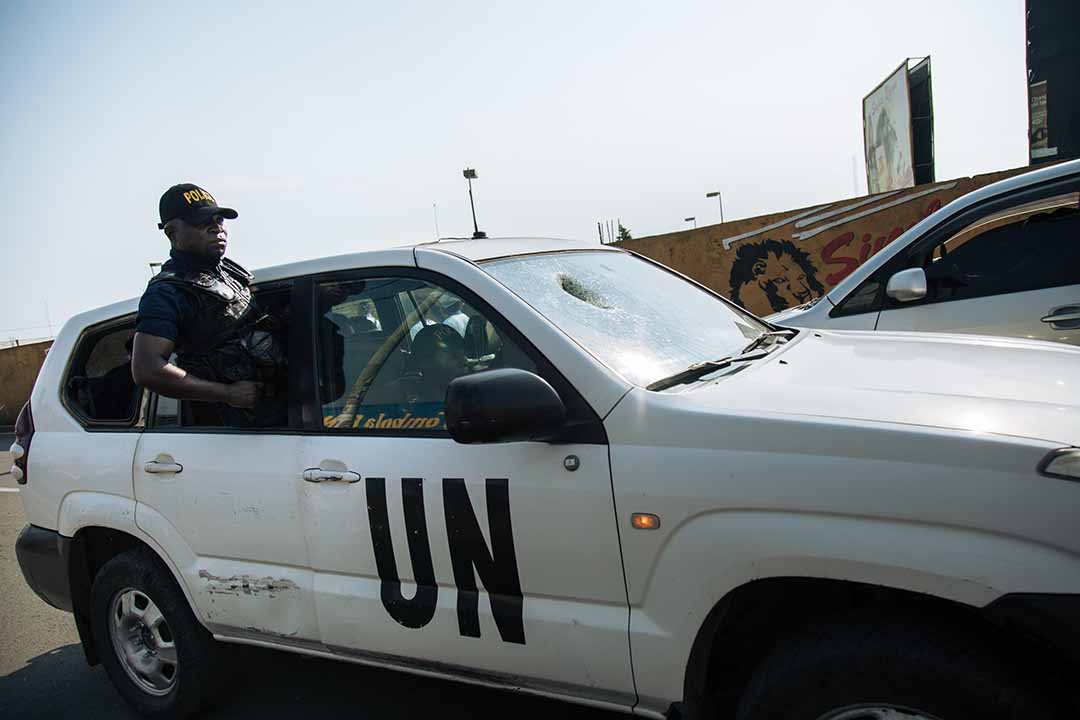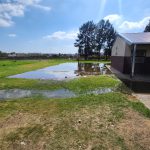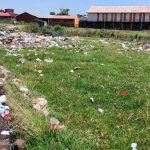The right to water is enshrined in the Zimbabwean Constitution and in statute law. This is one of the most important developments effected by the 2013 Constitution because the fulfilment and enjoyment of all other rights such as food, health, life, work and education directly hinge on it. There is, however, an urgent need to not only re-think but effectively implement environmental good governance to ensure the full realisation of this right.
The mounting climate crisis, evident through extreme weather events, makes urgent the need for the protection of the country’s delicate ecosystems, such as wetlands. A well-synchronised, legislative and institutional framework for both wise use and the restoration of degraded wetlands, would significantly contribute to averting some of the country’s climate change related challenges. As an important component of the earth’s climate system, wetlands, if wisely used, protected and restored, can contribute to climate change mitigation.
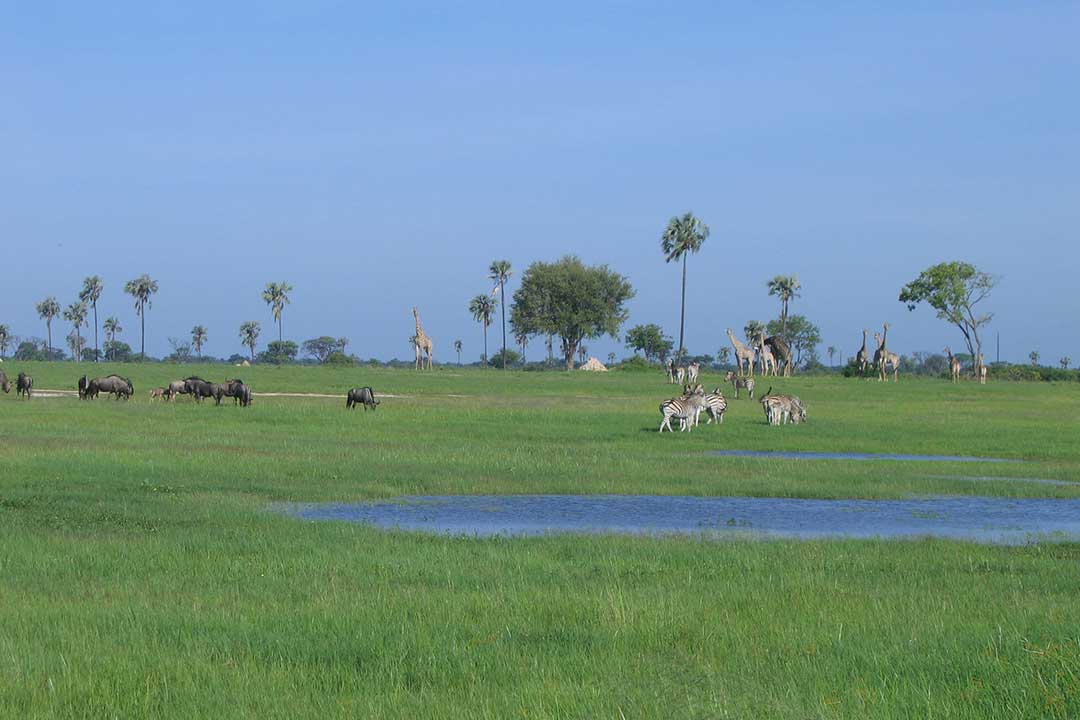
The preservation of wetlands is key to addressing Zimbabwe’s water scarcity. The country has been on the verge of running dry for years, with supply shortages and falling groundwater levels that have been exacerbated by climate change. In spite of the constitutional provision for every citizen’s fundamental right to “safe, clean and potable water”, water supply continues to pose a huge challenge for the country’s local authorities. This is partly attributable to population growth, which has more than doubled from 7,4 million people in 1980 to 14,8 million in 2020.
In the capital, Harare, for example, wetlands are a critical source of water. The Conservation Society of Monavale (COSMO), an organisation launched in 2005 and working to save the city’s wetlands, notes on its website that: “Almost all open green spaces in greater Harare are vleis or wetlands. These form the fragile headwaters of the Manyame/Marimba/Gwebi catchment basin, upon which the city is built. This basin is the only water source for half the population of Zimbabwe. The water supply is downstream of Harare, so it’s important to keep the wetlands intact.”
COSMO member Dorothy Wakeling told Africa in Fact that Harare’s wetlands must be preserved and used wisely to provide the city with water. “If we are going to continue to use these wetlands for food and housing, we won’t have water to drink…food and housing can actually go elsewhere, but the provisioning of water cannot. At the moment the situation for groundwater and surface water is so dire…wetlands work for water, free of charge, they should be factored into the GDP,” she said.
Despite the critical role Zimbabwe’s wetlands play in providing water security and resilience for its cities, political interference and corruption continue to allow rampant development in these areas. These developments include government-sanctioned activities by Chinese companies. As noted by the British Broadcasting Corporation (BBC) in a November 2017 report, “China is Zimbabwe’s largest trading partner and its largest source of investment, from agriculture to construction.”
The relationship dates back to China’s support during Zimbabwe’s liberation struggle but was further strengthened through a deliberate “Look East” policy when Zimbabwe had a fall out with the West. The Chinese, therefore, enjoy proximity and access to Zimbabwe’s political elite, which Farai Matunduru of the Africa Institute of Environmental Law (AIEL) describes as a collusion between Chinese capital and Zimbabwe’s political elites. This enables Chinese business access to concessions that are often in clear violation of Zimbabwe’s environmental laws.
The construction of the Long Cheng Plaza in 2013 by Anhui Foreign Economic Construction Corporation at an estimated cost of more than $200 million is a case in point. The project went ahead despite the site being situated on a gazetted wetland and worthy of protection. Attempts by the Environmental Management Agency, civil society organisations and residents to stop construction going ahead were unsuccessful.
The project continued to face contestation five years after it was opened when, in 2018, the then Mabvuku Tafara Member of Parliament, James Maridadi, moved a motion on wetlands, raising a concern that, “there are a lot of buildings in Harare built on wetlands. Long Cheng Plaza sits in the heart of wetlands in Harare, and it has compromised all underground water to the east of that plaza. If that plaza was constructed in China, it would have been demolished”. Sporadic contestations continue but the government and Chinese developers remain silent and the mall continues to operate.
Projects on wetlands like that of the Long Cheng Plaza have gone ahead despite Zimbabwe signing the Ramsar Convention in 2013, which mandates signatories to commit to the wise use of wetlands. Although Zimbabwe has seven Ramsar sites designated as wetlands of international importance, there are also numerous others whose protection and restoration is key to addressing water scarcity and water management challenges around the country.
Population growth has not been in proportion to the development of much of the now obsolete water provision and management infrastructure. Secondly, the impact of climate change induced droughts, as well as a lack of water treatment chemicals, has also contributed to water scarcity. In response, cities have imposed water rationing regimes that have further compounded the problem, sometimes compelling communities to resort to unsafe water sources. This water scarcity situation further deteriorated with the emergence of the COVID–19 pandemic in 2020.
In Bulawayo, Zimbabwe’s second-largest city, efforts to conserve scarce water supplies in 2020 led to the imposition of a 144-hour weekly water-shedding programme. An outbreak of diarrhoea in Bulawayo’s Luveve township led to the death of 12 community members. Apart from battling water scarcity, some of the residents interviewed by newzimbabwe.com in June 2020 reported that, upon restoration, the water was discoloured and “odoriferous, with a suggestion of raw sewage”.
Recently, however, on 19 November 2021, Zimbabwe, through the Ministry of Environment, Climate and Tourism and Hospitality Industry, gazetted the National Wetlands Map, Policy and Guidelines. This is an important policy step recognising that wetlands constitute a critical component of Zimbabwe’s diverse natural resource base.
While the policy efforts achieved by civil society, the Ministry of Environment, Climate, Tourism and Hospitality Industry as well as the Environmental Management Agency (EMA) are a commendable entry point, it is their full and efficient implementation that will ensure the protection of wetlands and Zimbabwe’s water resources. The government must create an enabling environment for the various players to enforce a raft of measures that include the upcoming National Wetlands Policy, drafted in October 2020.
Dorothy Wakeling points out that wetlands can be restored, even if it takes time. She calls for a “holistic system approach” that will ensure that the Gazetting of the National Wetlands Map, Policy and Guidelines leads to implementation that will effectively enable the preservation of wetlands.
Dorothy Wakeling says the government, civil society and other relevant stakeholders must engage in a concerted approach that halts their loss and destruction of their ecosystem. She emphasises that as a starting point, no environmental impact assessments or permits allowing construction on any wetland must be granted. This will preserve their integrity for the provision of water.
Would you like to gain an understanding of your own impact on the environment? Calculate your own carbon footprint here
Sikhululekile Mashingaidze entered the governance field in Zimbabwe while she was a part-time enumerator for the Mass Public Opinion Institute’s diversity of research projects during her undergraduate years. She has worked with the Habakkuk Trust, Centre for Conflict Resolution (CCR-Kenya), Mercy Corps Zimbabwe and Action Aid International Zimbabwe, respectively.


